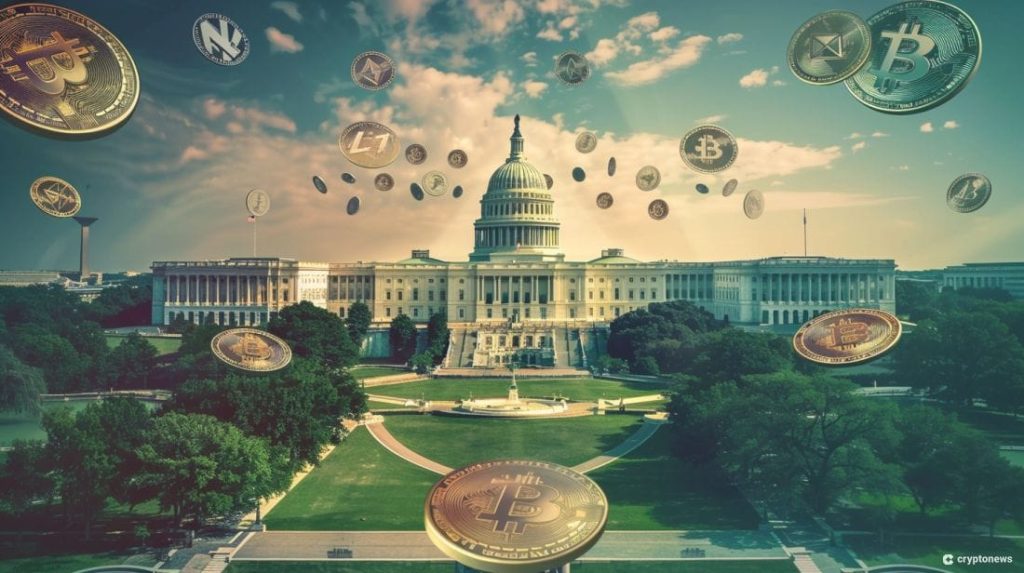Congressman Wiley Nickel (D-CA) has criticized SEC Chair Gary Gensler over the agency’s approach to cryptocurrency and the controversial Staff Accounting Bulletin 121 (SAB121). In a letter to Gensler, Nickel urged the SEC to withdraw SAB121 to protect investors, support American competitiveness, and respect Congress’s role in regulatory decision-making. The focus is on balancing crypto regulation and enabling digital asset custodial banking, which is hindered by the stringent capital requirements imposed by the SEC’s guidance on digital asset accounting. Participating financial institutions are required to list clients’ liabilities alongside custodied digital assets on their balance sheets, which has faced criticism from industry experts and lawmakers.
There has been growing scrutiny over the approval process of SAB121, with U.S. lawmakers expressing doubt and concern. The Government Accountability Office (GAO) found that the SEC did not comply with the Congressional Review Act (CRA) when implementing the rule change, further fueling the controversy surrounding the bulletin. Last week, the House passed a bill introduced by Nickel and Representative Mike Flood (R-NE) to nullify SAB121, with Senator Cynthia Lummis (R-WY) leading the Senate push to invalidate the accounting bulletin. Critics argue that SAB121 inhibits well-regulated banks from effectively safeguarding digital assets, posing risks to consumers and creating market uncertainty.
Despite efforts to nullify SAB121 in Congress, President Joe Biden has indicated that he would veto any legislation aimed at rescinding the controversial accounting bulletin. The White House highlighted the necessity of maintaining a comprehensive and effective financial regulatory framework for crypto-assets to prevent financial instability and market uncertainty. Nickel’s letter to Gensler urging the withdrawal of SAB121 may be a last-minute attempt to influence the SEC chair before the issue reaches Biden’s desk for a potential veto. The debate surrounding SAB121 underscores broader concerns about the regulation of cryptocurrency and digital assets in the United States, with conflicting perspectives on the impact of regulatory measures on investor protection and market stability.
The tension between lawmakers, regulators, and industry stakeholders reflects the challenges of navigating the evolving landscape of cryptocurrency regulation. While some argue that strict regulatory requirements are essential to protect investors and ensure financial stability, others believe that excessive regulation could stifle innovation and hinder market development. The controversy surrounding SAB121 exemplifies the complexities of regulating digital assets and highlights the need for a balanced approach that addresses concerns about investor protection while fostering innovation and competitiveness within the crypto industry. As the Senate prepares to vote on the fate of SAB121, the decision will have significant implications for the future of crypto regulation in the United States and could shape the direction of the industry for years to come.
In conclusion, the clash over SAB121 and the broader regulatory environment for cryptocurrency in the U.S. underscores the challenges of striking a balance between investor protection, regulatory oversight, and market innovation. The debate reflects differing viewpoints on how best to regulate digital assets to ensure consumer safety, financial stability, and market competitiveness. As Congress and regulators grapple with these complex issues, the outcome of the Senate vote on SAB121 will be a critical juncture in determining the direction of crypto regulation in the country. The decision will not only impact the relationship between government, industry, and investors but also shape the future landscape of the cryptocurrency market in the United States.


